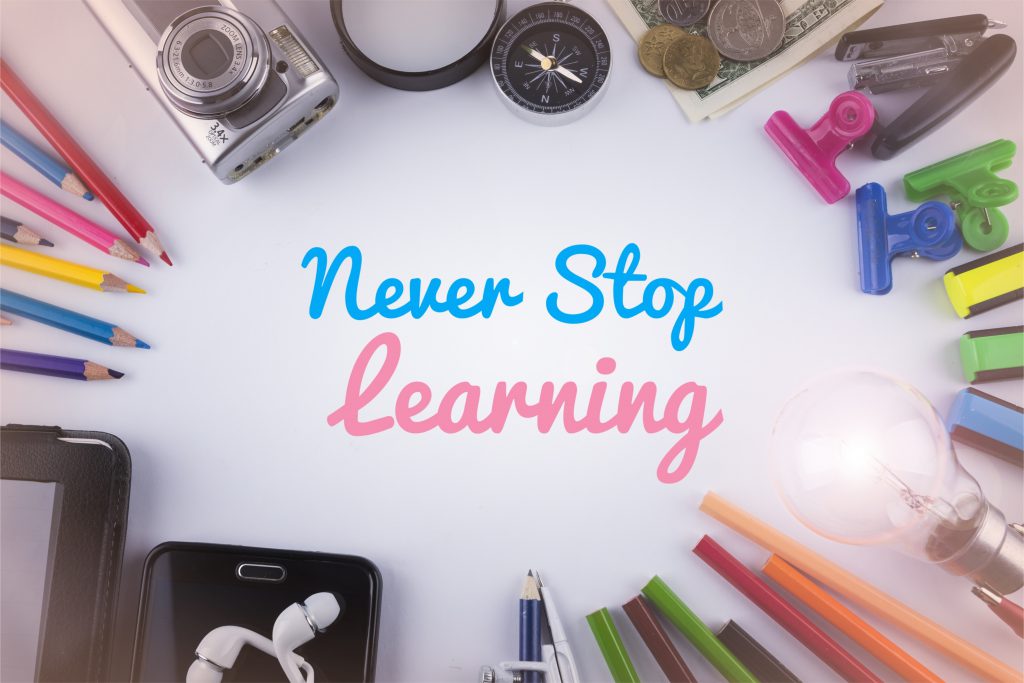Natty Leach, Associate Director

Too many people don’t really do what their heart’s desire is, but they try to do something else because they think—well, it will be easier to get a job or to make money. And if that happens, then when you’re doing it you feel like you’re working, but if you do what you really want to do, you feel like you’re playing.
With Stan Lee’s passing earlier this week, the world lost one of the creative minds responsible for some of our most popular characters and heroes in entertainment today. In remembering his legacy, I was considering the ways in which we can learn from Stan Lee’s career and was struck by the quote above: it’s nothing special. At face value, it’s just some inspirationally packaged platitudes that we’ve all heard about following our dreams and doing what you love. What stood out about the quote is that Stan Lee got his start and gained prominence doing almost the exact opposite—taking an easy-entry job to earn cash and get started in the writing and publishing industry even if it meant working in a less desirable medium like comics.
Stanley Lieber turned 18 right around the Great Depression. With a love of reading and desire to become a writer, he landed a job through a family connection at Timely Comics, a precursor to Marvel, the now Disney-owned behemoth. In an interview with the New York Times, he explains how comics were so trivialized by people at the time that Lieber felt the need to create a pseudonym to shield himself and hopefully his future, more serious, writing career by dividing his first name to form Stan Lee. One of Lee’s primary goals in the comic industry was to change it and force the medium to evolve by creating more layered characters with stronger stories.
In these ways, Stan Lee started by taking a job that didn’t really meet all his dreams or goals—it was a quick way to gain some writing skills, but in a field that he felt he had to shield his future reputation by adopting a new name. Even if at the beginning, comics weren’t Lee’s loftiest passion, he brought his desire for powerful characters and writing to his career and leveraged his love of literature to take the medium to greater heights. While doing exactly what you love and desire is an excellent goal for us all, we can see from the results of Stan Lee’s inspiring legacy that sometimes bringing what you love to what you do is just as meaningful.
Sources:
https://www.cnn.com/2014/05/28/us/stan-lee-fast-facts/index.html
https://www.nytimes.com/video/obituaries/100000006211149/stan-lee-marvel-dies.html





